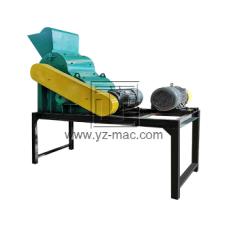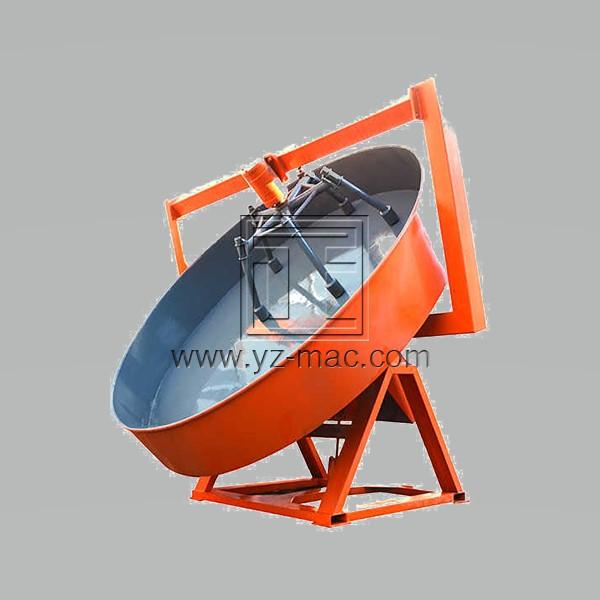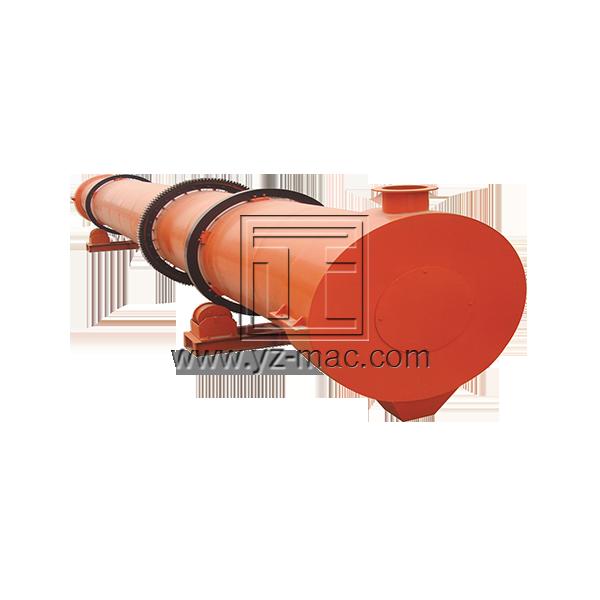Composter price
When considering composting as a sustainable waste management solution, the price of a composter is an important factor to consider. Composters come in various types and sizes, each offering unique features and capabilities.
Tumbling Composters:
Tumbling composters are designed with a rotating drum or barrel that allows for easy mixing and aeration of the composting materials. They come in various sizes and can be made of plastic or metal. The price range for tumbling composters is typically between $100 and $400, depending on the size, construction quality, and additional features.
Applications:
Tumbling composters are ideal for individuals or small-scale composting operations that require regular turning and aerating of the compost pile. They offer convenience, faster decomposition, and better odor control compared to traditional stationary bins.
Commercial Composting Systems:
Commercial composting systems are large-scale solutions designed for municipalities, businesses, and institutions dealing with significant volumes of organic waste. These systems can vary greatly in size, complexity, and price. Commercial composting systems can range from a few thousand dollars for smaller in-vessel or windrow systems to several hundred thousand dollars for larger, fully automated systems.
Applications:
Commercial composting systems are used by waste management companies, municipalities, agricultural facilities, and food processing industries. They efficiently process large quantities of organic waste, such as food waste, agricultural residues, and yard trimmings, into compost on a commercial scale.
Conclusion:
The price of a composter varies depending on the type, size, material, and additional features. When selecting a composter, consider your specific composting needs, available space, and budget. Remember, investing in a composter not only reduces waste but also produces nutrient-rich compost that can improve soil health, reduce reliance on chemical fertilizers, and contribute to a greener environment.







